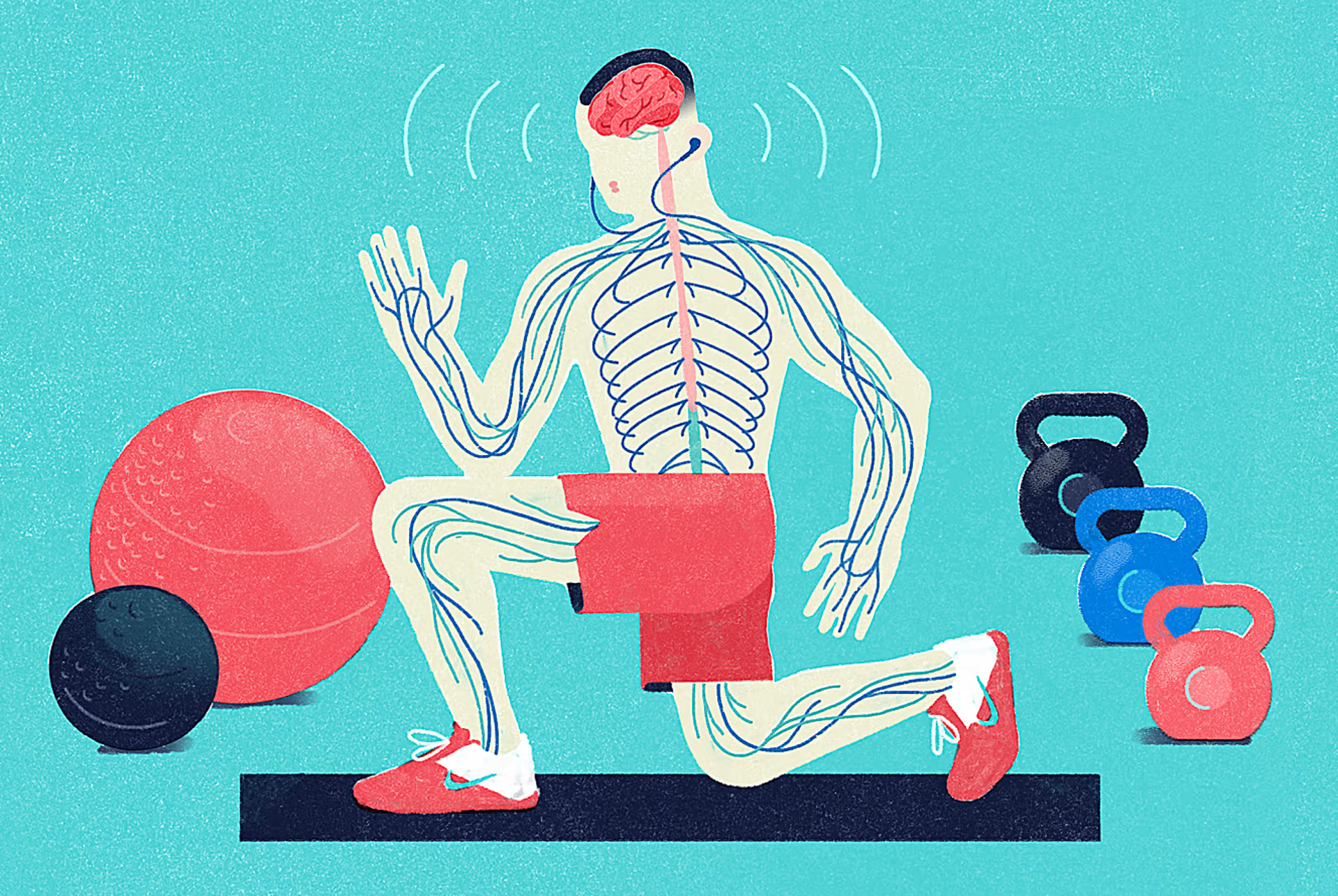In today’s fast-paced world, it’s easy to fall into the trap of “go, go, go” when it comes to fitness. Pushing yourself is part of growth, but there’s a fine line between training hard and pushing too far. One of the most valuable skills you can learn on your fitness journey is how to listen to your body.
What Does “Listening to Your Body” Mean?
Listening to your body isn’t about finding excuses to skip a workout—it’s about developing awareness. It means paying attention to signals like fatigue, soreness, stress, or energy levels and using that information to make smart training and recovery choices.
The Benefits of Tuning In
- Prevents Injury – Ignoring pain or grinding through poor movement patterns can lead to setbacks. Paying attention to aches and pains helps you scale back before small issues become big ones.
- Promotes Recovery – Rest days are not “being lazy.” They’re when your muscles repair and get stronger. By noticing when you’re overly fatigued, you give your body the recovery it needs.
- Improves Performance – Training smart means knowing when to push and when to pull back. This balance allows you to get the most out of every workout.
- Builds Longevity – Fitness is a lifelong journey. When you respect your body’s signals, you’ll stay healthier, stronger, and more consistent over time.
Signs You May Need to Adjust
- Persistent fatigue or lack of motivation
- Soreness that doesn’t improve after a couple of days
- Pain during or after workouts that feels sharp, not just “worked”
- Trouble sleeping or constant low energy
These are cues that it may be time to scale back, rest, or modify movements.
How to Apply This in the Gym
- Check in daily: Before your workout, ask yourself: “How am I feeling physically and mentally?”
- Scale smart: If you’re not feeling 100%, it’s okay to lower the weight, reduce reps, or slow the pace.
- Prioritize recovery: Sleep, hydration, mobility, and nutrition are all part of training.
- Communicate with your coach: We’re here to help you adjust workouts based on how your body feels.
Final Thoughts
Listening to your body is not a sign of weakness—it’s a strategy for long-term success. The strongest athletes aren’t the ones who never take rest days; they’re the ones who know when to push and when to pull back.
At Delaware Fit Factory, we want to help you build strength, resilience, and health for the long haul. So next time you step into the gym, take a moment to tune in. Your body will thank you.

